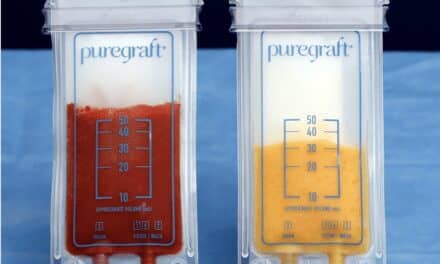More and more plastic surgeons are setting up Instagram and Snapchat accounts as a way to give potential patients an up close and personal explanation of the procedure itself and the results expected.
As New York plastic surgeon Matthew Schulman, MD, explains, the number of plastic surgeons using social media has been increasing, with the vast majority utilizing Instagram. “Regarding Snapchat, the number of plastic surgeons is growing but remains much lower. Plastic surgeons are realizing that social media is the ‘new media,’” he says. “Social media use spans all socio-economic groups, all ages, and all geographic regions. By using social media, surgeons are able to bring attention to their practice, and do so in a positive way since they control the message.”
Las Vegas plastic surgeon Christopher Khorasandi, MD, says that because the aesthetics industry is generally more involved in professional marketing, it is natural that providers take part in the conversation. “Snapchat is one of many mediums that surgeons are turning to. It speaks to a new generation of patients and allows patients to not only learn about procedures, but also learn about the surgeons themselves,” he adds. Cutting down on the amount of research and homework that needs to be done on the patients part (although it’s still necessary and can’t be glossed over), getting an inside view for how a surgeon operates, the results garnered and their overall demeanor are all pluses for surgeons being active on social media.
While some doctors see this as a marketing tool, others find it unnecessary to post live surgeries and images of their work on these forums. In fact, at the recent annual ASAPS Aesthetic Meeting, one doctor took to the stage to share her findings on how patients responded to doctors sharing one picture in particular of a surgeon performing a procedure and documenting it on social media (mind you, the post showed a patient straddled on a chair, which made for great fodder. But nonetheless, the panel quickly turned into a sounding board about doctors using social media).
Just like your favorite beauty brand or celebrity, it’s now almost expected for plastic surgeons to be regularly active on Instagram and Snapchat—and this is especially important for prospective patients and those that have pending procedures. “We have become a digital, constantly connected society. It follows that plastic surgery would end up largely embracing social media,” says Dr. Khorasandi. “While the medium cannot be criticized, the message contained within is where many surgeons differ. Some feel that posts should remain strictly informational while there are those that feel entertainment can, and should, be part of the message—it’s this latter notion that causes so much fuss.”


